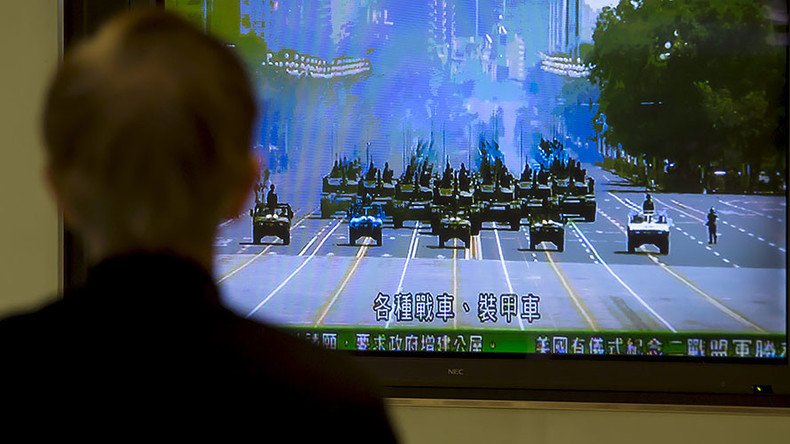Japanese scientists reject lifting of ban on military research at universities

The influential Science Council of Japan (SCJ) adopted a statement rejecting research at civilian institutions for military purposes. It comes in response to government investment in dual-use technologies.
The SCJ, which was created in 1949 as an independent body representing academia, warned Japanese universities and research institutions against participating in military-related research, the Japan Times reported. In a statement adopted by the council’s executive body on Friday, it said taking grants from the defense ministry would compromise scientific independence.
It comes after 10 months of deliberation by a 15-member committee, which was formed in May 2016 to consider whether the long-held opposition to military research should be overturned. The SCJ previously rejected military research in 1950, and again in 1967.
The policy statement carries no legal force, but the council’s opinion carries great weigh in Japanese scientific circles and the government.
The council was called to revise its policy, after Japan’s Defense Ministry boosted its funding of research into dual-use technologies, which can have both civilian and military applications. The funding almost doubled for 2017 to $96 million, compared to the previous year, according to The Asahi Shimbun.
The decision to reject military research came earlier in March. At the meeting on Friday, the council’s board debated on whether to adopt the statement directly or submit it to the SCJ General Assembly, which is to convene next month. The executives chose the former.
Japanese academia remains reluctant to deal with military technologies for historical reasons. Imperial Japan rounded up scientists to participate in the war effort during World War II.













